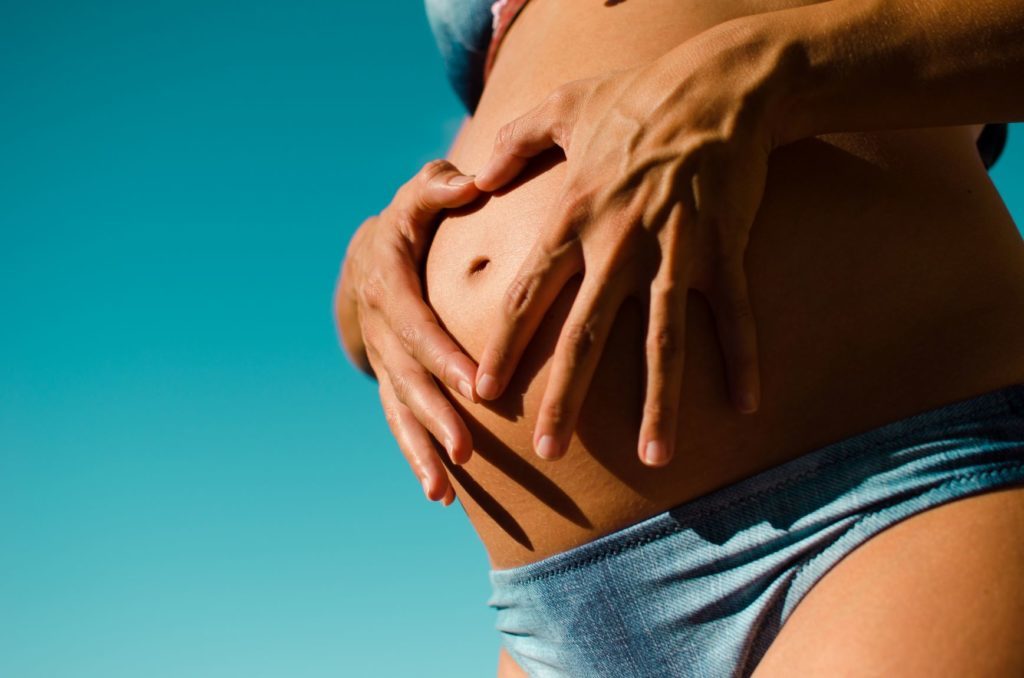
CRITICAL HEALTH & SAFETY DISCLAIMER
mothernity.co.uk is a platform for informational and educational purposes only. This content is based on general research and experienced parent insight and is NOT a substitute for professional medical advice, diagnosis, or treatment. Always seek the advice of your qualified healthcare provider (GP, midwife, or consultant) with any questions you may have regarding a medical condition or before making changes to your health plan or treatments. Never disregard professional medical advice or delay seeking it because of something you have read here.
There’s no need to worry if your baby is hiccupping in the womb; it’s completely normal.
Understanding and exploring fetal hiccups
Extensive research has shown that fetal hiccups are a positive sign and not a cause for concern. These hiccups indicate that your baby is progressing well in growth and development. It’s a practice run for their upcoming life outside the womb. As they swallow amniotic fluid, their lung muscles get prepared for that crucial first breath after birth.
Hiccuping episodes can occur at any point during pregnancy, but you’re more likely to notice them after the 20-week mark (if you’ve already felt your baby’s kicks by then). These episodes can last from a few minutes to even 20 minutes. In some cases, they can last as long as 45 minutes, and that’s perfectly okay. Your little one might experience hiccups around 4-5 times a day.
Keep in mind that some mothers never feel these hiccups throughout their pregnancy, and there can be various reasons for that. So, if you’ve asked your mother and she seemed surprised or concerned (as some of us did), don’t fret. It could be due to factors like the position of her placenta or a busy and stressful lifestyle. Just because others haven’t felt them doesn’t make it unusual or a cause for alarm.
Your concern should only arise if your baby’s activity decreases
Moreover, most online resources emphasise that you should only be concerned if your baby’s overall activity decreases. In such cases, we strongly advise seeking a second opinion from the Maternal Fetal Assessment Unit (MFAU). There’s no harm in getting a second opinion – it can offer extra peace of mind. Especially after the 35-week mark, if you notice an increase in hiccups or a decrease in the baby’s activity, it might indicate issues with the umbilical cord. Don’t delay – have it checked promptly!
Ultimately, relish your baby’s hiccups – they’re a sign of their well-being. If you wish to ease their discomfort during these episodes (though not proven), you can take a stroll, change your position, or even have a drink of water. These actions might prompt your baby to shift position and hopefully halt the hiccups.
During our research, we came across mothers mentioning that hiccups might persist during the first months after birth. It could even be a sign of potential reflux issues. It’d be intriguing to learn how your baby’s development progresses once they’re out in the world.
Savour the moments of feeling your baby inside you – soon, you’ll miss these unique experiences.
